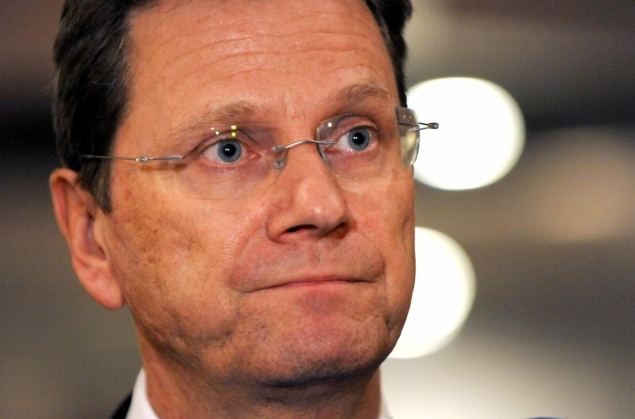
Cologne (Germany), July 5: German Muslim leaders urged lawmakers Wednesday to pass legislation protecting the right to circumcise boys after a court ruling against the practice when carried out on religious grounds.
Around 20 organisations representing most of Germany's around four million Muslims said parliament must ensure religious freedom by eliminating the legal uncertainty surrounding the rite since the June 26 ruling by a court here.
"We call on the German Bundestag (lower house) and the government to act as quickly as possible to put an end to this legal insecurity and establish legal safeguards allowing the circumcision of boys," said Gurcan Mert of the Turkish Islamic Union, speaking on behalf of the other groups.
In a decision that also sparked outrage among Jewish groups and which could set a legal precedent, the regional court in this western city ruled against a doctor in Cologne who had circumcised a four-year-old Muslim boy on his parents' wishes.
The judges found that the "fundamental right of the child to bodily integrity outweighed the fundamental rights of the parents".
"The religious freedom of the parents and their right to educate their child would not be unacceptably compromised if they were obliged to wait until the child could himself decide to be circumcised," the court added.
But it specified that circumcision was not illegal if carried out for medical reasons.
The ruling marked a "big blow against integration", Ali Kizilkaya, spokesman for the Coordinating Council of Muslims in Germany, another of the groups issuing the appeal, told the same news conference.
"Germany is a state based on the rule of law where rights, in particular religious liberties, are very important and I think that a ban (on circumcision) would not be good for Germany or Germany's image and concept of rights," he said.
"I hope this will be corrected quickly."
The Muslim groups are in contact with Jewish and Christian leaders on the issue and discussing how to bring pressure to bear on the political class, Ramazan Kuruguz from the conference of regional Islamic organisations said.
"We will speak with politicians and if necessary, we will of course hold protests and demonstrations," he said.
Thousands of young boys are circumcised every year in Germany, especially in the country's large Jewish and Muslim communities.
After the ruling touched off a storm of international protest, Foreign Minister Guido Westerwelle insisted the country would continue to protect religious freedom and rites including circumcision.
However several doctors and hospitals have said they would suspend the practice as long as its legal standing is unclear.





Comments
Add new comment